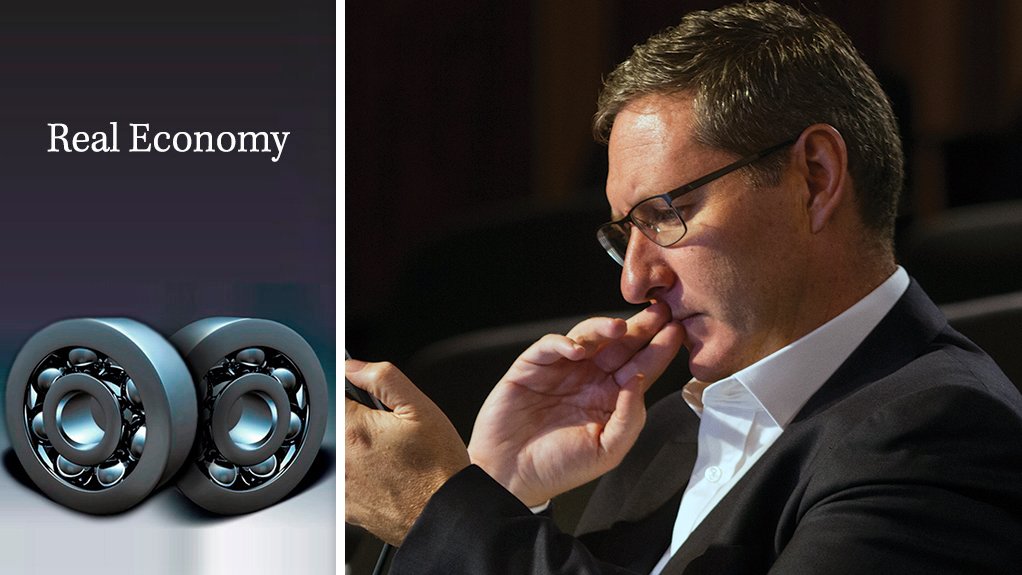Few would deny that national and global affairs are more unsettled than they have been for years. Typically, people point to the Brexit vote or the shock election of President Donald Trump as the most obvious signs of this upheaval.
However, the ferment is as visible at home, where it has materialised in phenomena such as the Fees Must Fall movement, the increasingly organised attacks on foreigners, a rise of populist rhetoric in the African National Congress, as well as the increasing reliance on the courts to resolve political and societal disputes.
The pace at which events are unfolding seems to have accelerated, while the nature of our social discourse has become arguably as polarised as it was during the dying days of apartheid.
A key difference, however, is that the debate is no longer limited to angry calls to radio talk shows and/or cutting letters to newspaper editors. Technological developments have made it possible for concerned citizens, social activists and, sadly, also paid and nonpaid trolls to set the news agenda and influence political priorities.
Overall, the power extended to individuals by these technological innovations is a positive development with the potential to deepen the democratic discourse. However, it is nevertheless worth reflecting on why it is that, despite our greater virtual connectedness, citizens in South Africa and elsewhere are feeling so disconnected.
Part of the answer, it seems, can be found in the nature of social media as a medium. Firstly, it can be accessed without much effort and, generally, from places where users feel personally safe and secure. Secondly, it holds perverse incentives, whereby outrageous and hurtful commentary is often rewarded by more ‘followers’, ‘likes’ or ‘retweets’. Thirdly, the consequences for being wild and uncompromising are almost always absent. Fourthly, simplistic populism tends to trump complexity, while titillation is preferred over expert opinion. And lastly, many active users feel their social activism starts and ends at their computer keyboard, or with their device.
That’s not to say we would be better off turning back the social-media clock. Indeed, any attempts at heavy-handed regulation – as hinted at recently by State Security Minister David Mahlobo – should be resisted.
Social media and digitalisation are here to stay and governance methods will have to adapt to these tools, not the other way round. However, there also has to be a deeper acceptance of the limitations of social media in resolving complex social, econo- mic and security problems.
EMAIL THIS ARTICLE SAVE THIS ARTICLE ARTICLE ENQUIRY
To subscribe email subscriptions@creamermedia.co.za or click here
To advertise email advertising@creamermedia.co.za or click here











